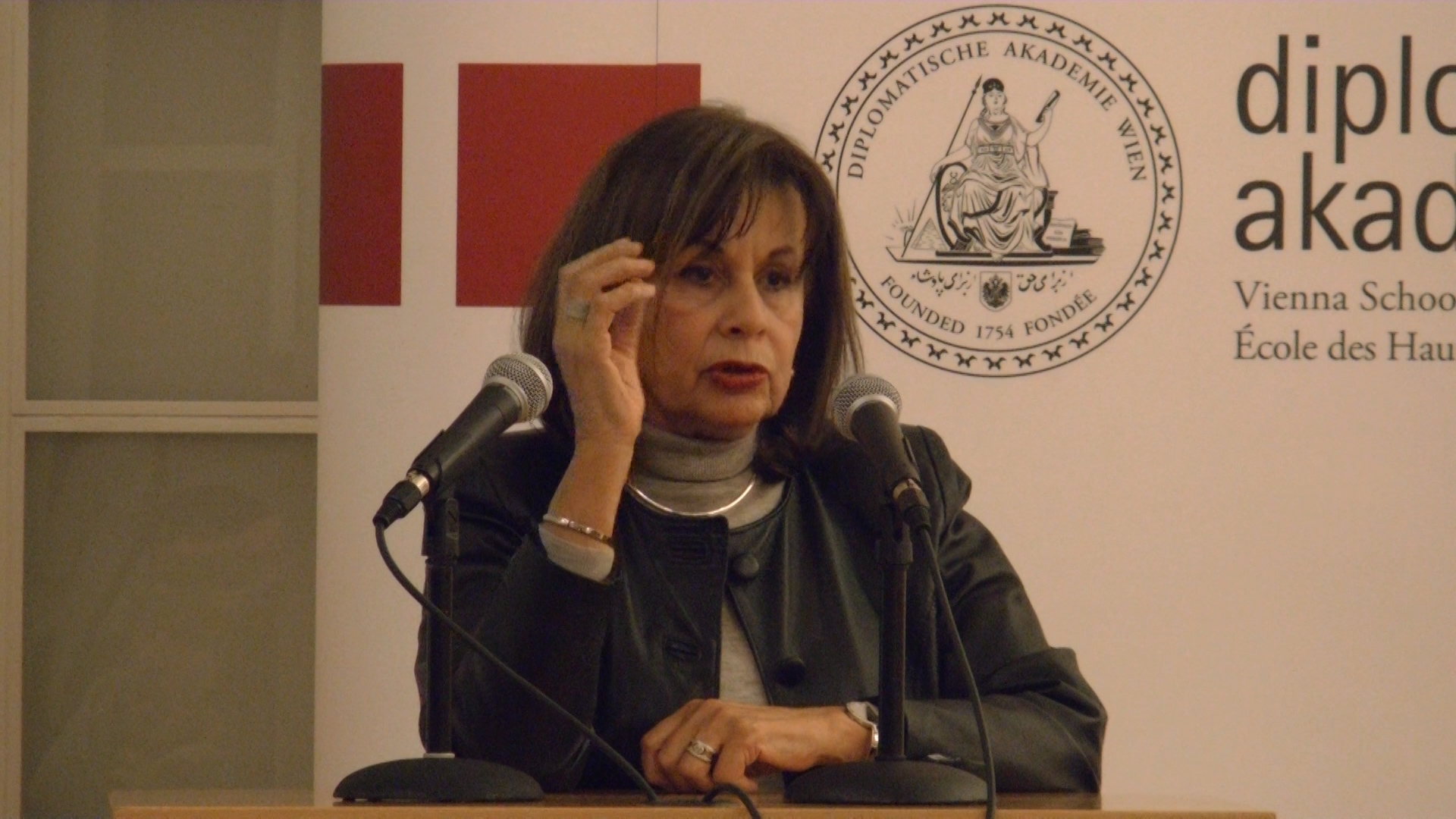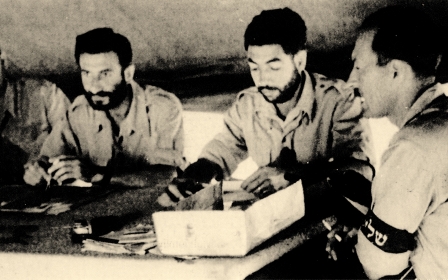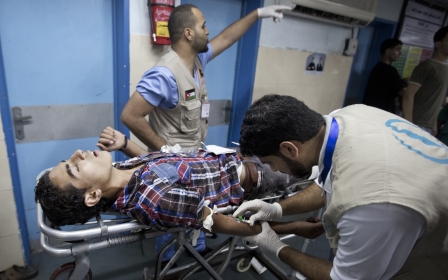BOOK REVIEW: Return - A Palestinian Memoir

“Return” is possibly the most emotive word for both Palestinians and Israelis. The Right of Return, enshrined in international law, is a dream sustained by hundreds of thousands of Palestinian refugees. But it strikes horror in the hearts of many Israelis, who have their own “Law of Return,” entitling Jews worldwide to citizenship of Israel.
In Ghada Karmi’s latest book, the focus is rather on her personal experiences during a visit to her homeland in 2005 in the run-up to the general elections of 2006 that resulted in a Hamas victory. She is by turns shocked and puzzled by what she finds, so often at odds with her expectations and early memories.
Born in Jerusalem in 1939 and expelled with her family in 1948, Dr Karmi has spent most of her life in the UK. She studied and practised medicine, but is best known as an academic and a speaker and writer on the country of her birth. Although an expert on the historical background and the daily hazards of the occupation, it is her personal encounters that bring home its true impact on the average Palestinian family. Early in her stay she learns the hard way the uselessness of trying to challenge Israeli power at a checkpoint.
In Gaza, Dr Karmi meets a top-ranking Hamas official whose calm certainty of victory bemuses and exasperates her. When she visits a family to pass on news of a relative in Ramallah, the reception is polite and hospitable but deeply wary. Who is this westernised woman – a journalist, a spy? They have nothing to say to her. On leaving Gaza, she has to remind herself: “The wonder was not that it was caving in to narrow-mindedness and extreme religiosity, but that, despite its depredations, it was still on its feet and still fighting to stay alive” (page 207).
Shortly after her visit the Israelis withdrew their settlers from Gaza, to great international acclaim and enthusiasm on the part of the Gazan population. How hollow now is Secretary of State Condoleezza Rice’s declaration at the time: ”When the Israelis withdraw from Gaza it cannot be sealed or isolated over with the Palestinian people closed in... We are committed to openness and freedom of movement for the Palestinian people” (page 276).
In Jerusalem, Dr Karmi meets a woman separated from her family by the infamous wall and other families whose homes are under threat of demolition in Silwan, to make way for a “City of David” theme park: in a Kafkaesque conversation an Israeli archaeologist explains the necessity of destroying all historical remains that cannot be claimed as “biblical”.
In the West Bank, she witnesses the slow death of Qalqilya, a once prosperous market town now strangled by a 25-foot-high wall with only one checkpoint for access and ringed by settlements. Near Hebron she has a heartbreaking encounter with a farmer who has to watch his crops die while those of neighbouring settlements flourish, on his land, using his water, from which he is cut off.
'Ramallah bubble'
Based in the “Ramallah bubble” as a UN-sponsored consultant to the Palestinian Authority’s Ministry of Media and Communications, Dr Karmi is shocked by the lack of concern shown for horrors being perpetrated elsewhere in the Occupied Territories. “To them, a village a few miles off was far away, let alone Gaza, which could have been on another continent.” Most of the people she comes across are just desperately anxious to hang onto their jobs - and the governing PA is by far the biggest employer on the West Bank.
Deeply critical of the proliferation of NGOs she finds in Ramallah, Dr Karmi sees them as diverting the energies of the younger generation away from political involvement and resistance, even fostering an interest in maintaining the status quo.
She also pulls no punches in her criticism of the PA, contrasting their current policy of cooperation with the occupiers with what she remembers as the golden age of the PLO in the 60s and 70s, when the organisation was focused on resistance and liberation.
In her post at the Ministry, Dr Karmi has a chance to experience first hand the inner workings of the PA. She reports being mystified and exasperated by the petty office intrigues, the bickering over status and the utterly pointless projects that have at times Orwellian overtones. However, she comes to the conclusion that these are essentially “attempts at wresting some sense of purpose for their existence out of the subordination Israel imposed on them” (p 314).
She is less forgiving of President Abbas’s leadership. At a conference she has helped to organise, he seeks to justify the abandonment of all resistance. She comments: “I remembered the vigorous, creative young revolutionary he had been and could scarcely believe that this defeated, submissive creature was the same man” (page 311).
But she is most deeply shocked by the Palestinian entrepreneurs, some embedded in the PA, who make a highly lucrative living from dealing with Israel, including supplying building materials for the illegal settlements. Offered a lift with a businessman from Ramallah to Jerusalem she is stunned when they stop off for a friendly business chat in one of the settlements along the way. This is very far from her dream of a proud embattled nation retaining its principles even under the extreme stress of a decades-long military occupation.
Along with a growing understanding of Palestine’s political and social scene, Dr Karmi achieves insight into her own emotional and intellectual development: a journey which is complex, poignant and, above all, painfully honest.
Return – A Palestinian Memoir by Ghada Karmi is published by Verso Books 2015, London UK (ISBN 978-1-78168-842-7)
Middle East Eye propose une couverture et une analyse indépendantes et incomparables du Moyen-Orient, de l’Afrique du Nord et d’autres régions du monde. Pour en savoir plus sur la reprise de ce contenu et les frais qui s’appliquent, veuillez remplir ce formulaire [en anglais]. Pour en savoir plus sur MEE, cliquez ici [en anglais].




